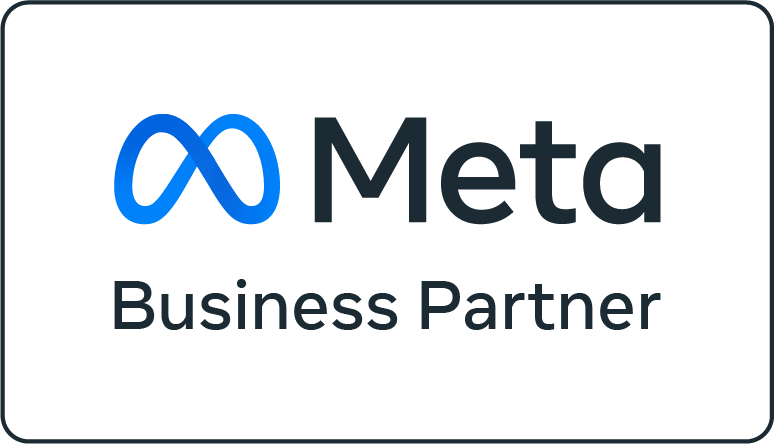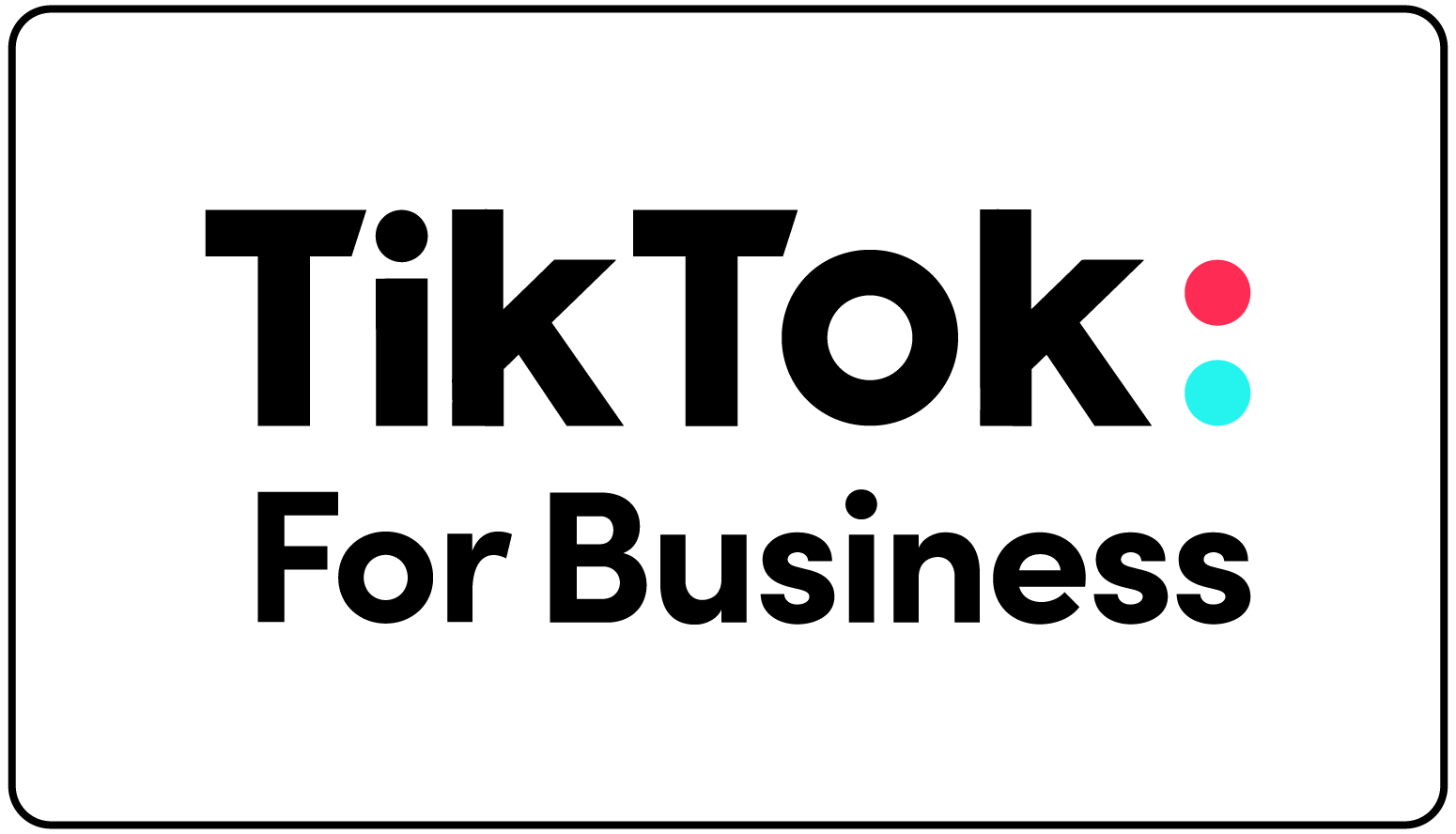Introduction:
Looking to maximize your return on investment as a digital healthcare marketer? Partnering with the right agency can help you achieve your goals and drive success in today’s competitive landscape.
Explanation:
- How a Digital Healthcare Marketer Agency Partner Can Improve ROI:
Partnering with a digital healthcare marketer agency can significantly improve ROI by leveraging their expertise in digital marketing strategies tailored specifically for the healthcare industry. These agencies have a deep understanding of the regulatory environment, patient behavior, and market trends, allowing them to develop targeted campaigns that resonate with the target audience. By utilizing data-driven approaches, they can optimize marketing efforts to reach the right patients at the right time, leading to increased engagement and conversions. Additionally, digital healthcare marketer agencies can provide valuable insights into emerging technologies and trends, helping healthcare organizations stay ahead of the curve and maximize their ROI.
- Key Benefits of Collaborating with a Digital Healthcare Marketers Agency:
Collaborating with a digital healthcare marketers agency offers numerous benefits, including access to specialized expertise in healthcare marketing, advanced analytics tools for tracking performance metrics, and creative strategies for engaging patients online. These agencies can help healthcare organizations navigate complex regulatory requirements while developing innovative campaigns that drive results. By partnering with a digital healthcare marketers agency, organizations can tap into a wealth of industry knowledge and best practices to enhance their marketing efforts and achieve higher ROI.
- Strategies for Driving ROI in Digital Healthcare Marketing:
To drive ROI in digital healthcare marketing, organizations should focus on implementing targeted campaigns that address specific patient needs and preferences. Personalizing content based on patient demographics and behaviors can increase engagement and conversion rates. Leveraging data analytics to track key performance indicators such as click-through rates, conversion rates, and return on ad spend is essential for optimizing marketing strategies. Additionally, incorporating multi-channel marketing approaches to reach patients across various platforms can expand reach and improve overall ROI.
- Impact of Partnership with a Digital Healthcare Marketers Agency on Bottom Line:
Partnering with a digital healthcare marketers agency can have a positive impact on the bottom line by driving increased patient acquisition, retention, and revenue generation. These agencies bring specialized expertise in healthcare marketing that can help organizations streamline their efforts and achieve better results. By implementing data-driven strategies tailored to the unique needs of the healthcare industry, organizations can see improvements in key metrics such as lead generation, patient engagement, and overall ROI.
- Metrics for Measuring ROI in Digital Healthcare Marketing Campaigns:
Measuring ROI in digital healthcare marketing campaigns involves tracking key performance indicators such as conversion rates, cost per acquisition (CPA), return on ad spend (ROAS), customer lifetime value (CLV), and overall revenue generated from marketing efforts. By analyzing these metrics over time, organizations can assess the effectiveness of their campaigns and make data-driven decisions to optimize future strategies for maximum ROI. Additionally, monitoring engagement metrics like click-through rates, bounce rates, time spent on site/pages visited can provide insights into campaign performance and areas for improvement.
- Leveraging Data to Optimize ROI in Digital Healthcare Marketing:
Data plays a crucial role in optimizing ROI in digital healthcare marketing by providing valuable insights into patient behavior patterns, preferences, and interactions with online content. By leveraging data analytics tools to track user engagement metrics across various channels such as social media platforms or websites, organizations can identify trends and opportunities for optimization. Analyzing data on conversion rates, customer acquisition costs, and return on investment can help organizations make informed decisions about where to allocate resources for maximum impact and ROI. By utilizing data-driven approaches, digital healthcare marketers can personalize campaigns, target patients, and improve results over time.
- Role of Technology in Maximizing ROI for Digital Healthcare Marketing Efforts:
Technology plays a critical role in maximizing ROI for digital healthcare marketing efforts by enabling organizations to personalize content, target specific audiences, optimize campaign performance, and track key metrics. Technologies like social media advertising platforms, content management systems, email marketing tools, and customer relationship management systems provide organizations with the capabilities to implement data-driven strategies and scale their marketing efforts effectively. Advances in technology such as artificial intelligence, machine learning, and predictive analytics help digital healthcare marketers better understand patient needs, predict trends, and tailor campaigns to drive higher ROI. Through the use of technology, digital healthcare marketers can develop innovative campaigns that resonate with patients and deliver measurable results.
- Staying Ahead of Industry Trends to Drive ROI in Digital Healthcare Marketing:
Staying ahead of industry trends is essential for driving ROI in digital healthcare marketing as the industry continues to evolve and new technologies emerge. By monitoring market trends, social media engagement metrics, and competitor activities, digital healthcare marketers can identify opportunities for innovation and stay relevant to their audience. Organizations can leverage emerging technologies such as virtual reality (VR), augmented reality (AR), chatbots, and telemedicine platforms to create unique experiences for patients and differentiate themselves in the marketplace. Being proactive about adopting new trends and technologies allows digital healthcare marketers to anticipate patient needs and position themselves as an industry leader driving high ROI.
- Successful Case Studies of Delivering Strong ROI in Digital Healthcare Marketing:
Successful case studies of delivering strong ROI in digital healthcare marketing highlight the effectiveness of data-driven strategies, tailored campaigns, and innovative approaches to reach target audiences. Cases where organizations have leveraged advanced analytics, to personalize content based on patient preferences, and utilized multi-channel marketing approaches have seen positive outcomes in terms of increased engagement, conversions, and revenue generation. Examples of successful digital healthcare marketing campaigns can include increased website visits, lead generation from social media marketing efforts, and a lowered cost per acquisition through optimized advertising strategies. By sharing these case studies, digital healthcare marketing agencies can showcase their ability to drive measurable results through strategic planning, creative execution, and sound analysis.
- Determining the Right Partner for Maximizing ROI in Digital Healthcare Marketing:
Determining the right partner for maximizing ROI in digital healthcare marketing involves evaluating potential agencies based on their expertise, experience, reputation, track record, cost structure, and alignment with organization goals. Looking for teams with a proven history of success in the digital healthcare marketing field, capabilities in targeted content development, data analytics proficiency, and in-depth knowledge of the healthcare industry is important. Furthermore, collaborating with an agency that understands your brand values, objectives, and can offer a customized approach to achieving maximum ROI is essential. Before making a decision, it’s crucial to conduct detailed research, ask for referrals, and request case studies to ensure that the partner selected is well-positioned to help you reach your digital healthcare marketing success.
- Factors to Consider When Evaluating the Potential ROI of a Digital Healthcare Marketers Agency:
When evaluating the potential ROI of a digital healthcare marketers agency, it’s important to take into account factors like the agency’s expertise in the local market, their demonstrated ability to drive leads, sales, and revenue growth, their capabilities in targeted content creation, data analytics proficiency, and track record of success with similar clients. Thoroughly assessing these key factors helps determine whether an agency has what it takes to deliver strong ROI for your business. Another critical aspect is to understand how the partner will collaborate with your team, set expectations, measure performance, and exceed your goals. This level of transparency and communication is vital for ensuring a successful partnership that yields high returns.
- Tailoring Strategies to Align with Clients’ ROI Goals in Digital Healthcare Marketing:
Tailoring strategies to align with clients’ ROI goals in digital healthcare marketing requires a clear understanding of clients’ objectives, challenges, target audience preferences, budget constraints. A customized approach that addresses specific client needs, incorporates data-based insights, integrates multi-channel marketing tactics, is essential for successfully driving high ROI for your business. By working closely with clients, taking into consideration their feedback and adjustments during the campaign execution process, digital healthcare marketers can ensure that their campaigns are aligned with their clients’ ROI goals while optimizing performance to achieve maximum results.
- Common Challenges Faced by Digital Healthcare Markers Agencies in Delivering ROI:
Delivering strong ROI in digital healthcare marketing comes with its own set of challenges including increased competition, changing regulatory landscapes, rapid technological advancements. Measuring and attributing conversions, sales back to campaigns accurately, tracking return on ad spend investments, proving the impact on overall sales growth are recurring issues faced by digital healthcare marketers agencies. Additionally, navigating complex data protection laws, ensuring compliance while effectively targeting patients, maintaining consistent brand messaging across various channels are common hurdles encountered. In order to overcome these challenges, digital healthcare marketing agencies need to employ robust strategy execution mechanisms, continually adapt to changing scenarios, stay abreast of trends, innovations in the field.
Conclusion:
In conclusion, partnering with a digital healthcare marketers agency can significantly improve ROI by leveraging their expertise in tailored strategies, data-driven approaches, and innovative technologies. By collaborating with these agencies, organizations can drive increased patient acquisition, engagement, and revenue generation. It is essential to stay ahead of industry trends, measure key metrics effectively, and align strategies with client goals to maximize ROI in digital healthcare marketing efforts. Choosing the right partner and overcoming common challenges are crucial steps towards achieving success in driving ROI through strategic collaboration with a digital healthcare marketers agency.

